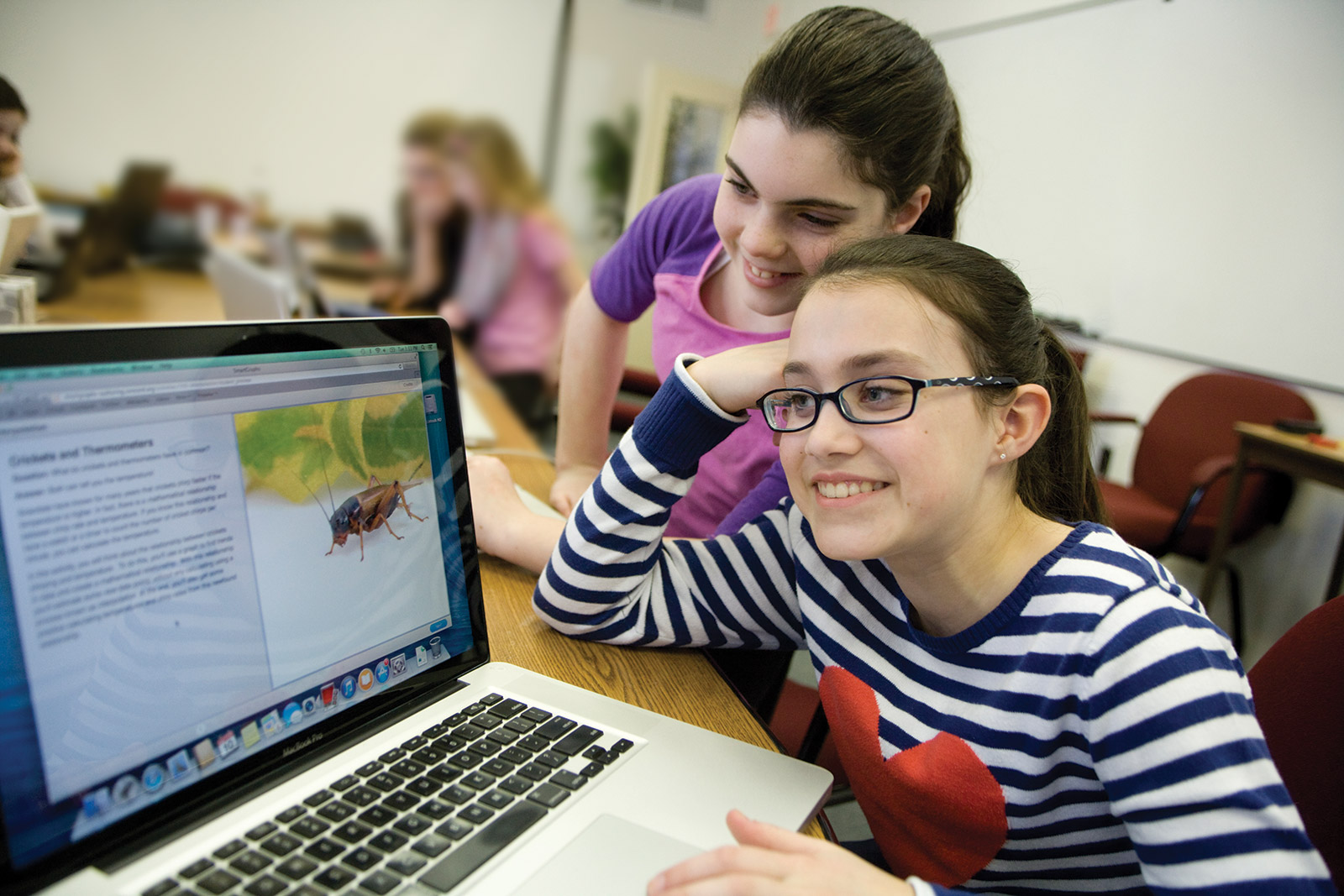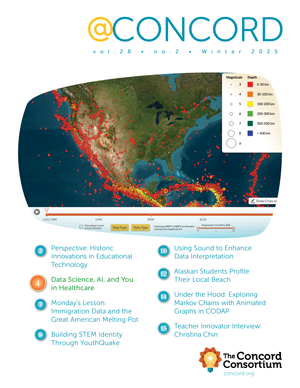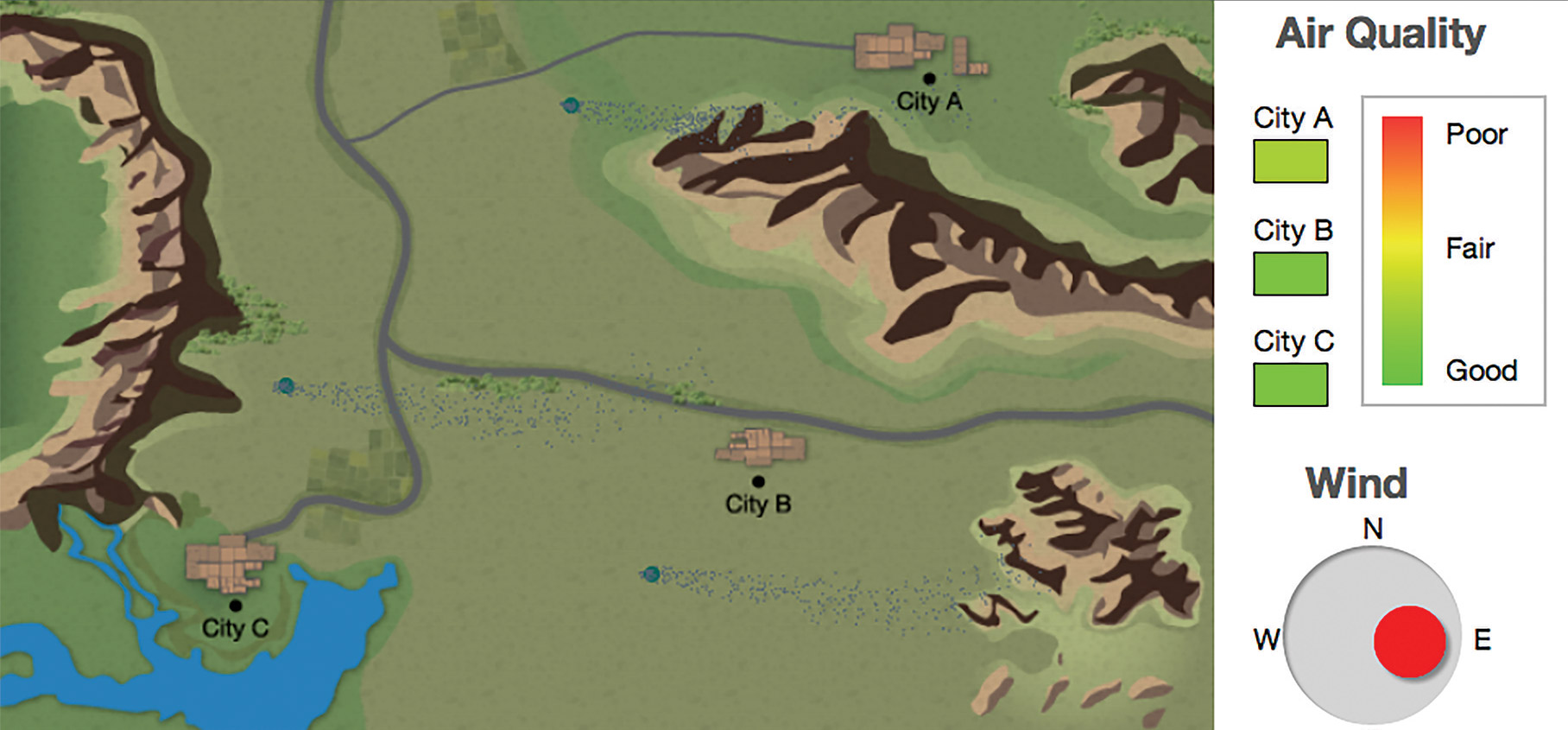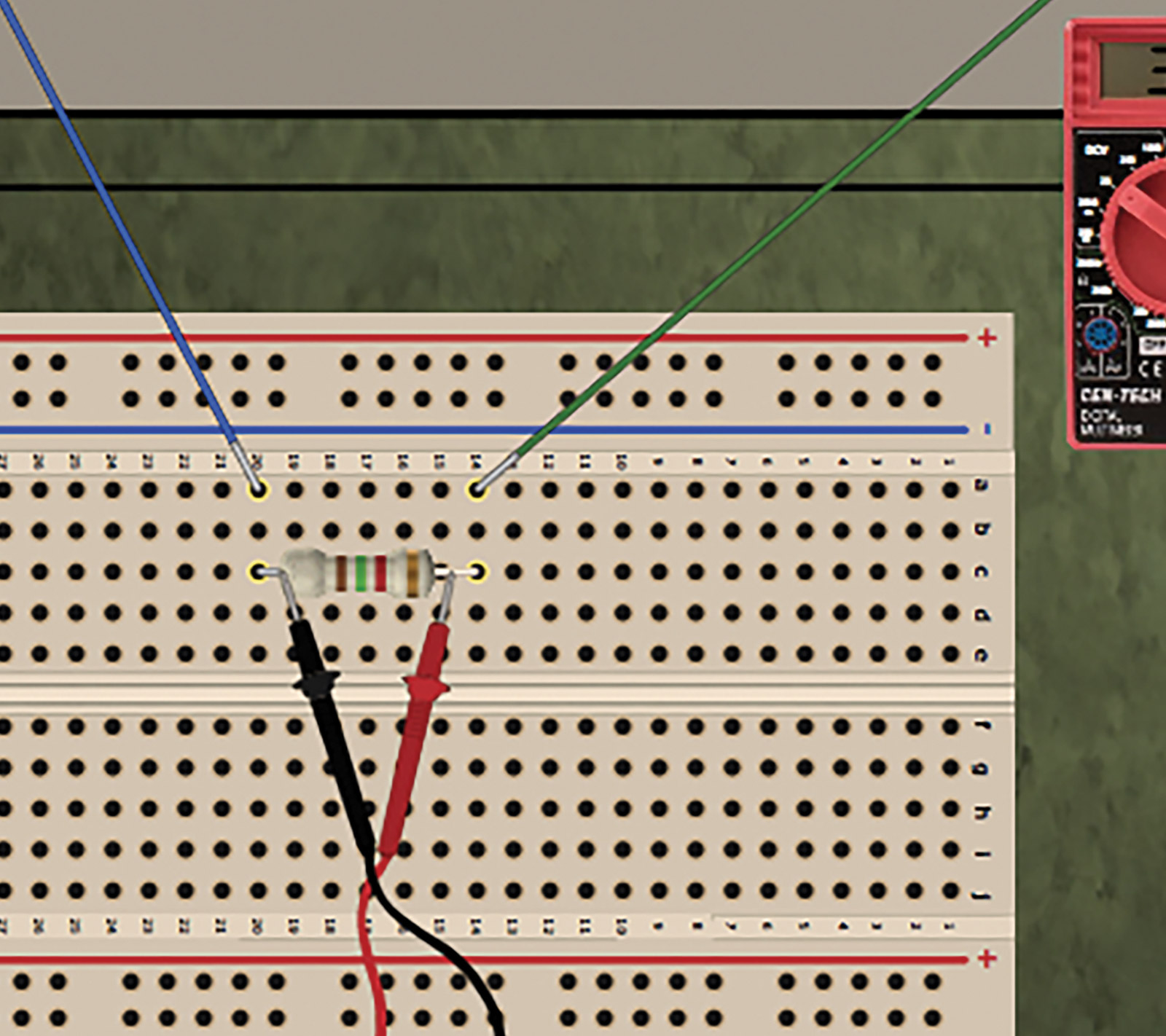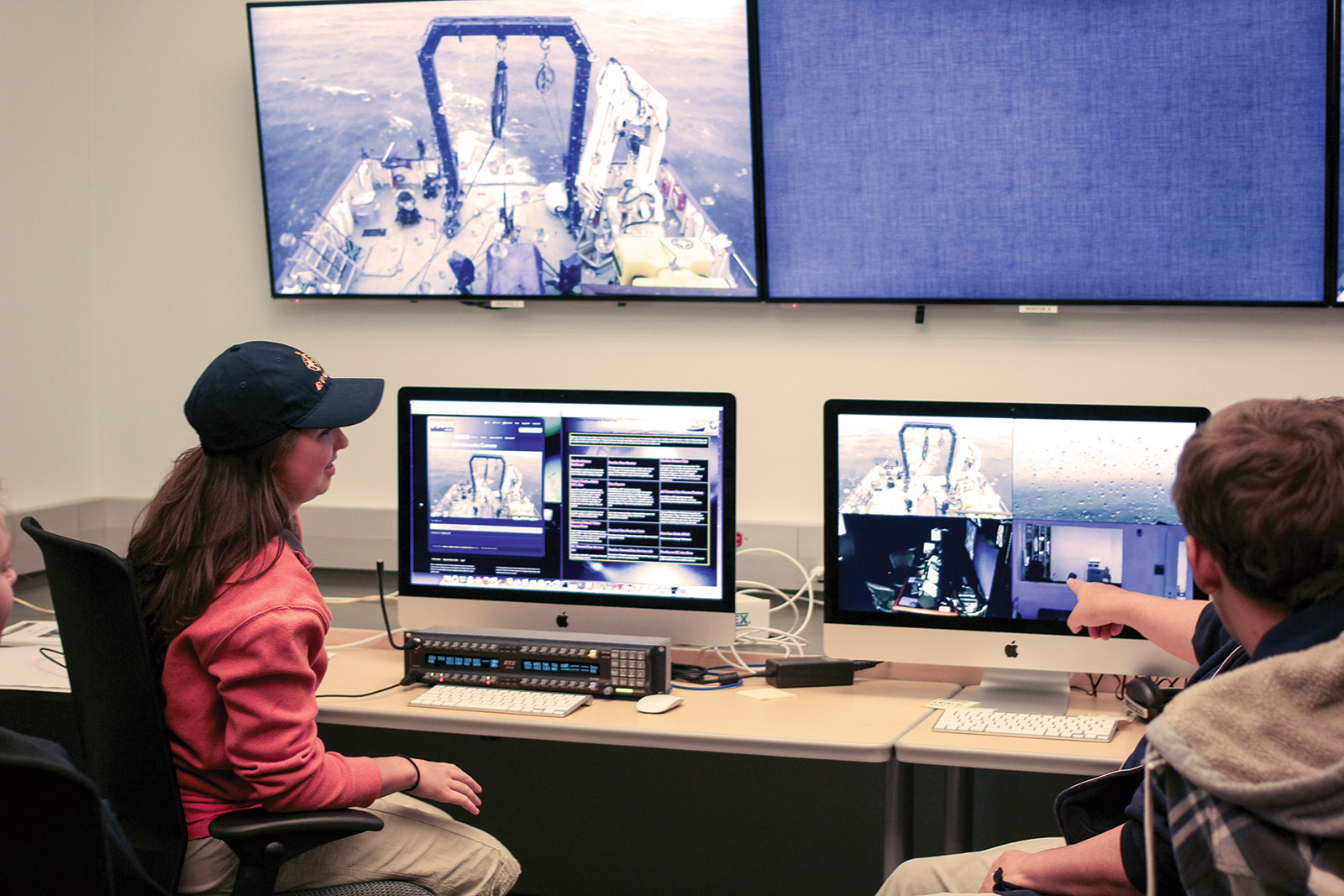Analytics and Student Learning, Teaching Teamwork, Graph Literacy, Telepresence Research, and more in Spring @Concord
Perspective: The Promise of Data, Connection and Openness
We are entering a second grand era of educational technology. Educational technology has grown in scope and complexity, bringing with it new opportunity. Data and analytics hold promise for revolutionizing all aspects of learning. Common platforms permit openness and interoperability to create unexpected combinations. Exciting challenges on the horizon invite us to dive in and explore new, open innovations.
Great Questions Make for Great Science Education
In science and in education, questions are guideposts. They provide direction, pointing to the unknown, the frontier. The greatest advances in science occur at the interface between the known and the unknown. In pursuit of answers to these questions, scientists have shaped our understanding of the world around us. As knowledge has evolved, so too have the questions. Earlier questions about the Earth focused on how continents moved or on the age of the Earth. Many of today’s questions center on issues concerning the planet’s capacity to support the growing human population.
Monday’s Lesson: Graph Literacy: Interpolation
Graphs are powerful tools for visualizing data, but too often students are unable to gain insights from them because they never learn the fundamentals of “reading” graphs. The Graph Literacy project is designed to help. We have cataloged the basic steps necessary for interpretation of simple graphs and developed a set of activities to address these steps.
Analytics and Student Learning: An Example from InquirySpace
In a pioneering new research direction, the InquirySpace project is capturing real-time changes in students’ development of new knowledge. As students engage in simulation-supported games their actions are automatically logged. By analyzing the logged data, we are able to trace how student knowledge about a simple mechanical system involving a car on a ramp emerges over time.
Teaching Teamwork in Electronics
For baseball fans the double play is one of the most exciting aspects of the sport. Never mind the home run—the batter pointing toward the centerfield flag, the crack of the bat followed by the arrogant strut to first base—the true aficionado thrills to the exquisite timing and flawless execution required for shortstop and second baseman to deliver the ball to first base milliseconds before the runner arrives. Requiring highly honed individual skills as well as the seemingly effortless coordination that comes only with endless hours of practice, the double play is the epitome of teamwork in a sport that glorifies the term.
From Ship to Shore: Telepresence Research
In September of 2014, the E/V Nautilus set sail to collect data and explore research sites in the Caribbean, including the Kick'em Jenny seamount, the adjacent cold seeps and the Barbados mud volcanoes. On board the ship was the regular cast of characters—scientists, ROV (remotely operated vehicle) pilots, engineers, public communicators and the crew. At the same time, another group of scientists and undergraduate students arrived at the University of Rhode Island’s Inner Space Center (ISC), where they were trained by ISC staff on communication and video technology operations to help guide the ocean research.
Under the Hood: Embedding a Simulation in CODAP
In STEM education it’s essential to engage students in undertaking their own projects. But data exploration is often a neglected aspect of student project work. Students must look for patterns in the raw data, identify possible errors and plan further experiments. They also need to add, combine and remove data; transform the data; match datasets to idealized curves and more. The Common Online Data Analysis Platform (CODAP) helps students explore their data. Designed to run in a web browser, CODAP is an easy-to-use, open source data exploration environment.
Innovator Interview: Jen Goree
Meet Concord Consortium Software Portfolio Manager, Jen Goree. Learn about her first computer program, her path through educational technology, and more.
Data and Analytics Spotlight
One of the Concord Consortium’s focus areas involves determining new ways to understand deep student learning of skills and processes such as science practices and engineering design. We’ve pioneered this research area for many years, incorporating data analytics into open-ended environments, simulations and tools. This past year, new employees and projects are redoubling our efforts.
